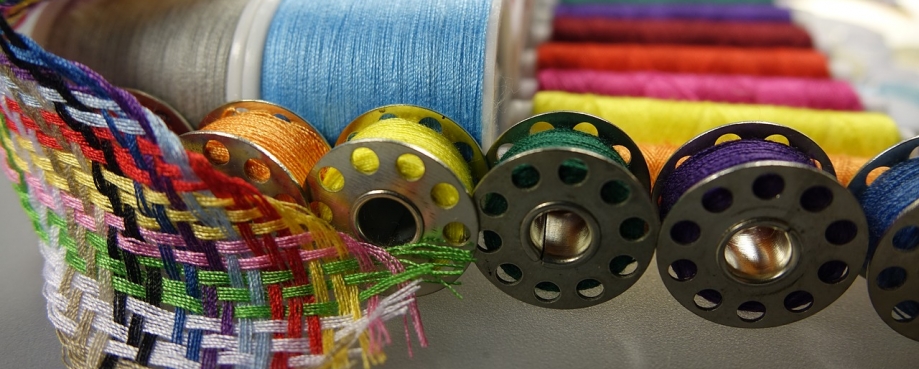
This week, ShareAction wrote to a number of major investors, with a combined 29% share in the controversial fast fashion retailer boohoo, after reading with alarm that the company’s share price had actually risen as a result of the publication of the Levitt enquiry report.
While the enquiry found no criminal liability on the part of boohoo, it did highlight significant inadequacies and flaws as well as some major breaches in terms of applying the UN Guiding Principles on Business and Human Rights.
Investors need to look beyond the executive summary, in which Ms Levitt blithely asserts that the retailer will be able to clean up its act via a “relatively easily-achieved realignment of its priorities and governance systems,” to the detail in the main report, where multiple instances of abusive practices are reported, alongside direct warnings to boohoo execs from their own auditors that workers were being subjected to appalling conditions.
Given that the allegations against boohoo have been well documented over a number of years, and were found by the enquiry to be “substantially true”, we want all investors to be fully aware of the failures of governance, supplier monitoring and management of the buying function within boohoo and to proactively monitor the company’s commitment, and progress, towards eradicating labour rights abuses.
We are calling on boohoo’s investors to commit to holding management accountable in terms of implementing the steps recommended by the Levitt enquiry, and to continually reviewing whether the company’s leadership team are committed to making the necessary changes and acting like a publicly listed company.
It is concerning that Ms Levitt appears to have hugely underestimated the scale of the challenge ahead for boohoo. Other commentators do not seem to share her optimism: an analysis by the Evening Standard following the publication of the Levitt report concluded that the only way for genuine change to happen will be if there are changes at the top, and went as far as calling for the resignation of the Chair.
In any case, achieving the system changes recommend by Ms Levitt in the report will require huge changes, including a radical overhaul of boohoo’s sourcing, buying and governance functions, extensive shifts in its supply chain, changes to the price-point structure and, ultimately, a slowing of the speed with which it brings products to market. And it is hard to imagine the steps as they are set out in the report will lead to any significantly improvements while the boohoo business model continues to be based on under-invested supply chain where human rights challenges remain.
Although the conditions in Leicester are not solely Boohoo’s responsibility to fix, they will need to go significantly further than what is set out in the recommendations if they are to have a supply chain that supports decent jobs that we can all be proud of. The absence in the report of any mention of the importance of working with other stakeholders, such as trade unions, civil society and government, does not inspire much confidence.
